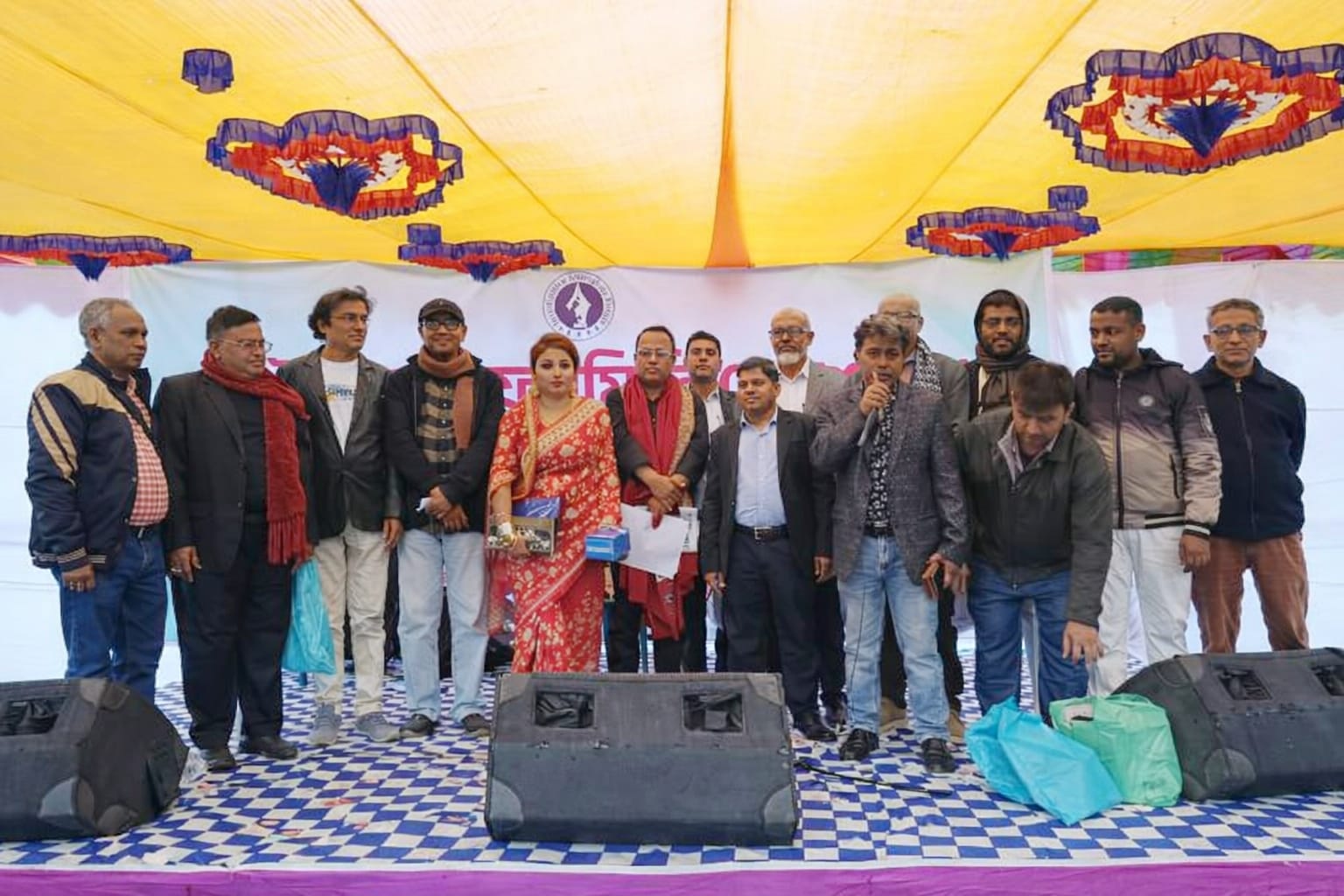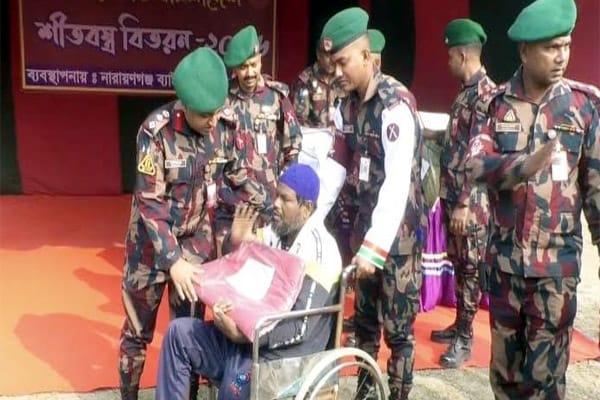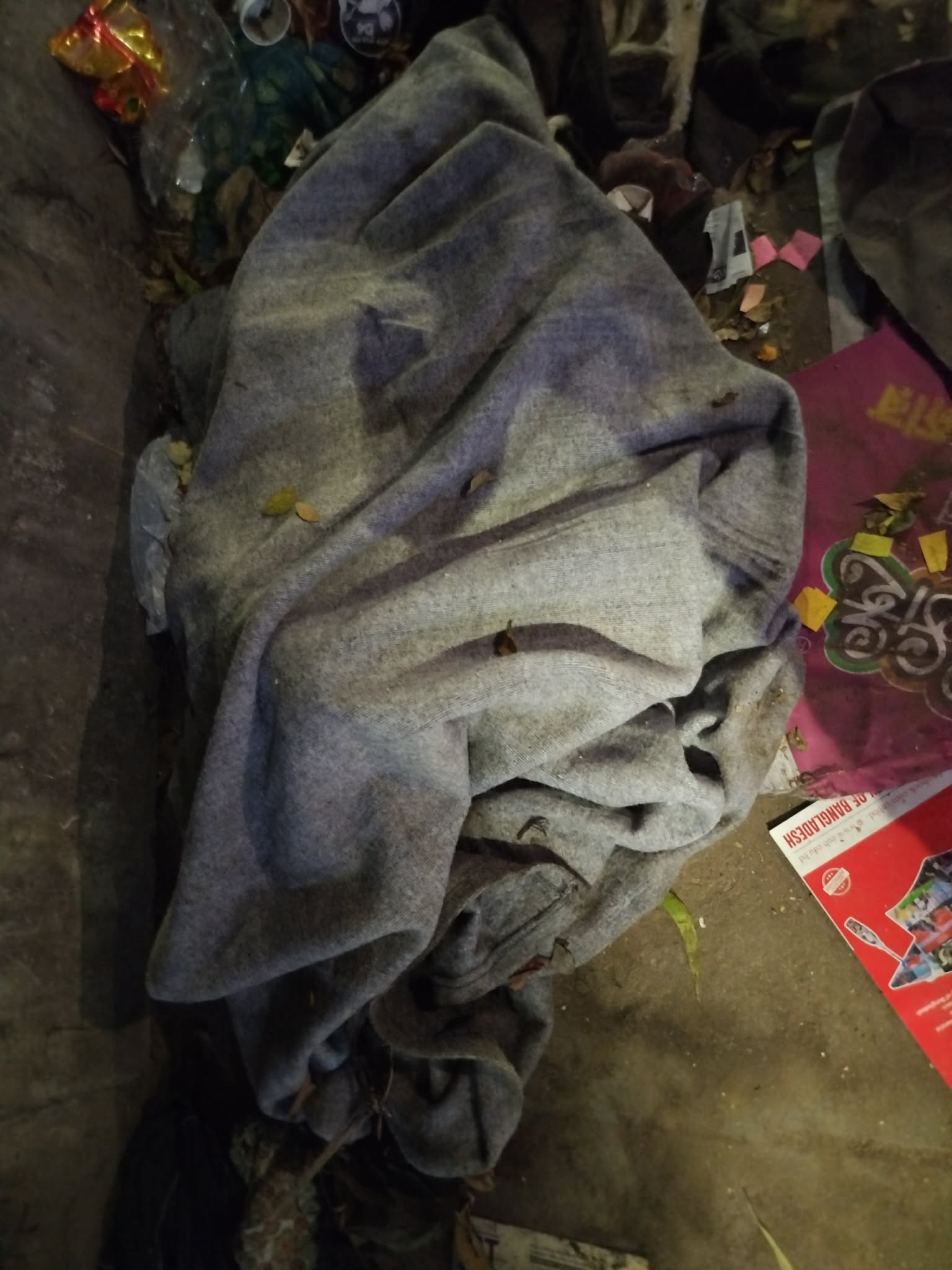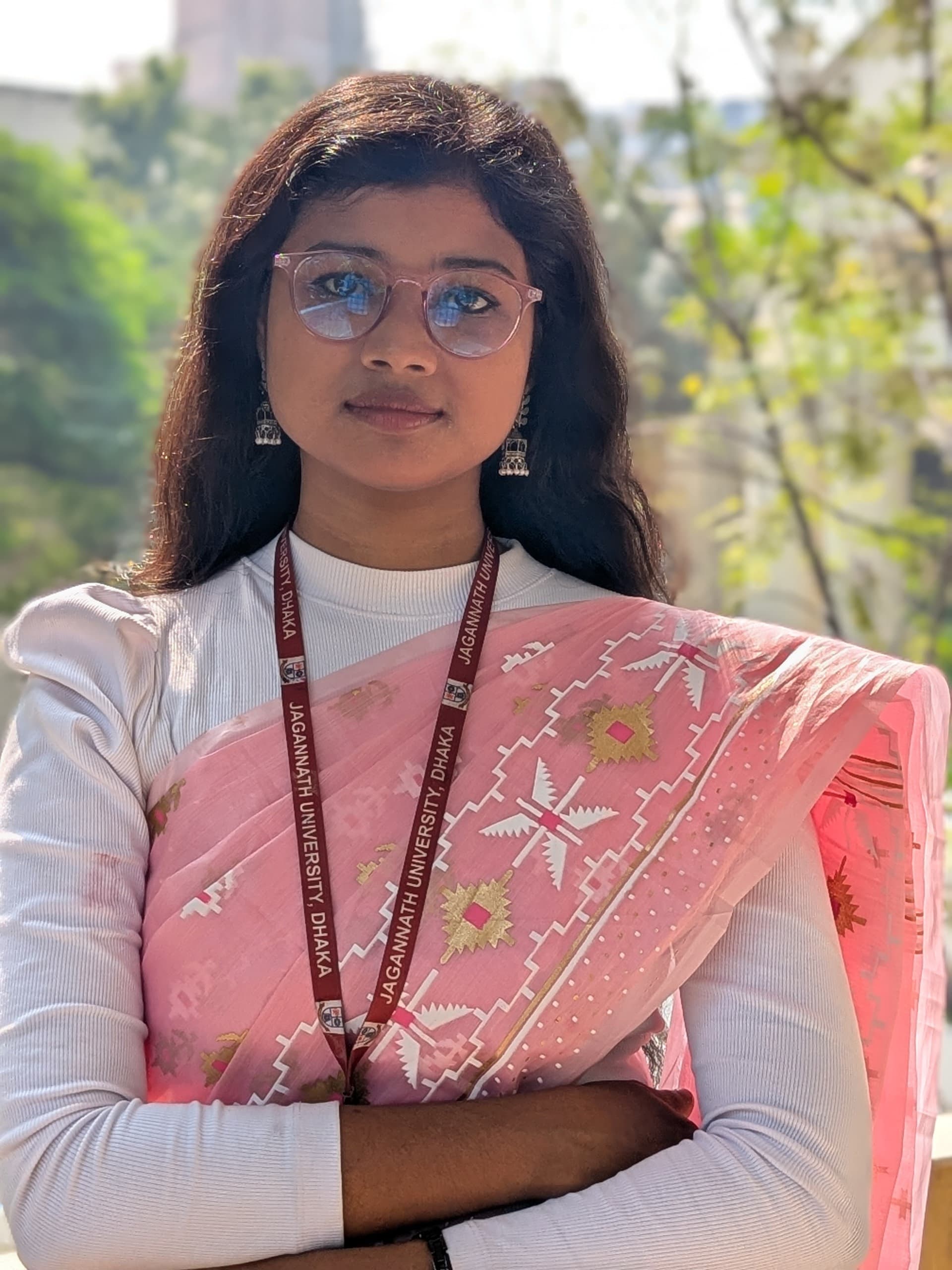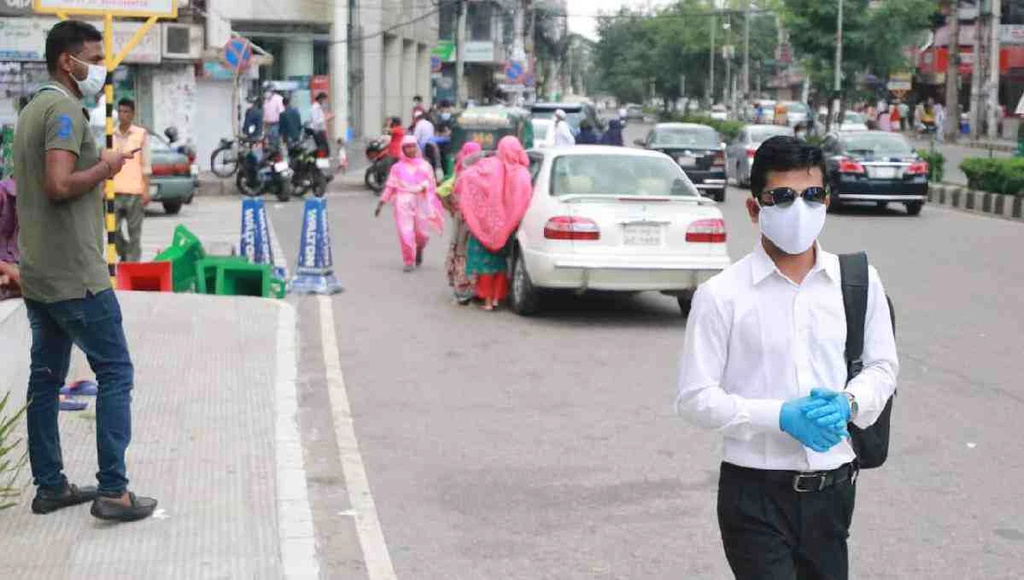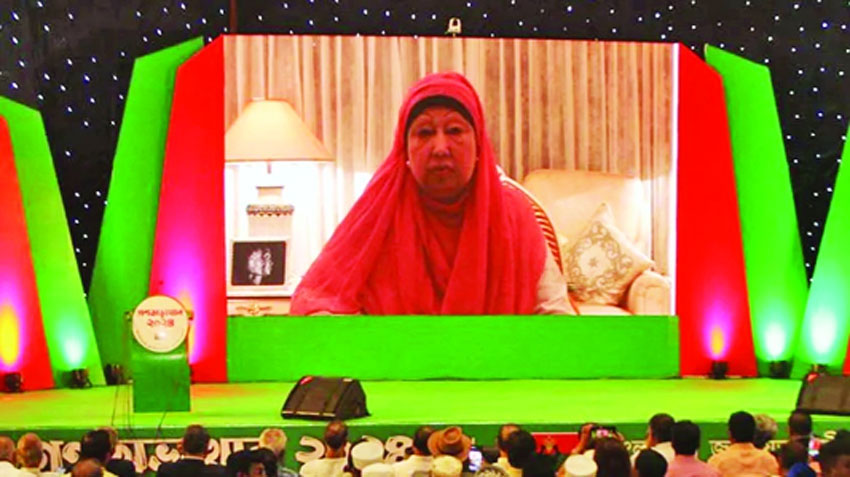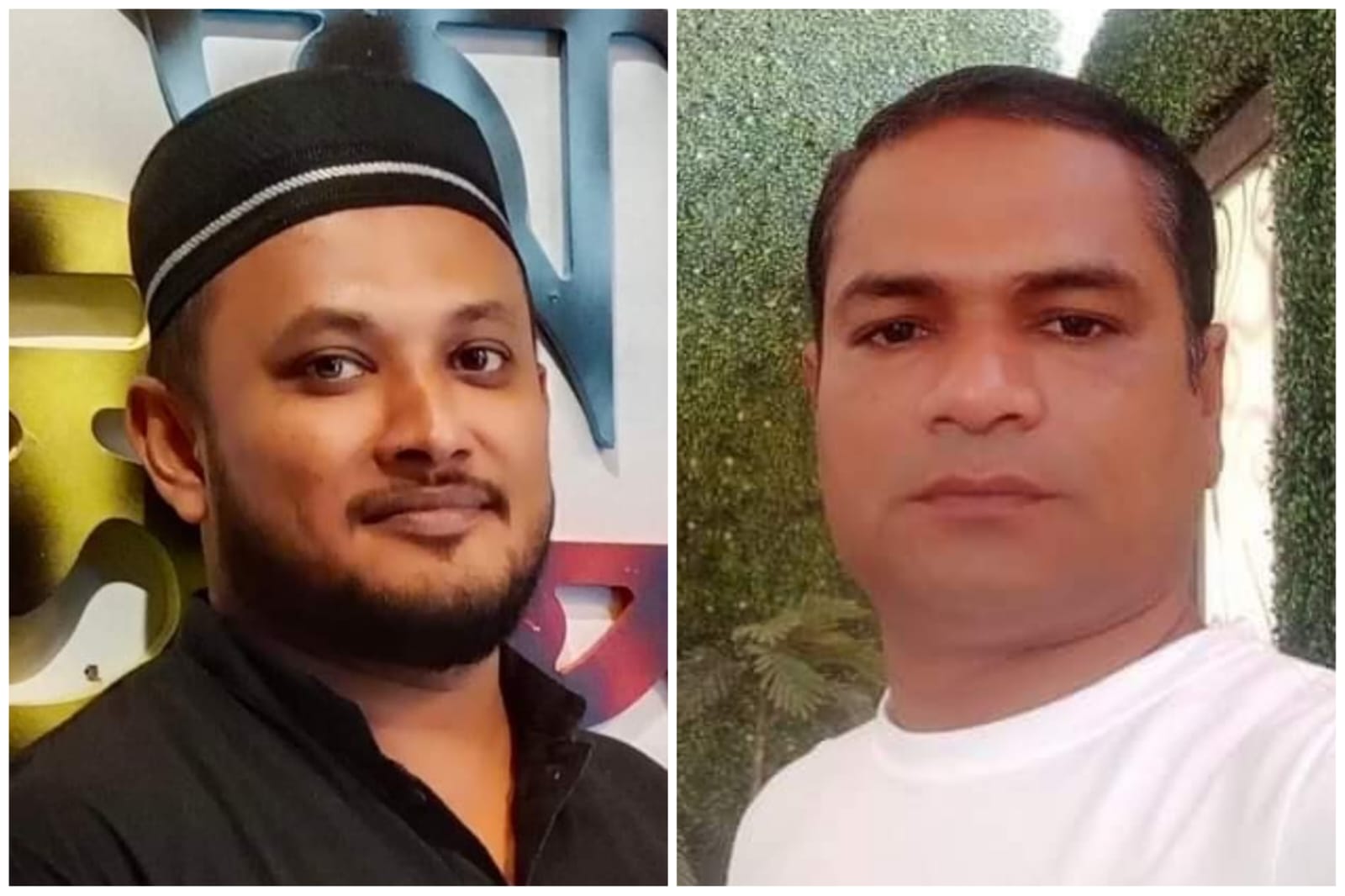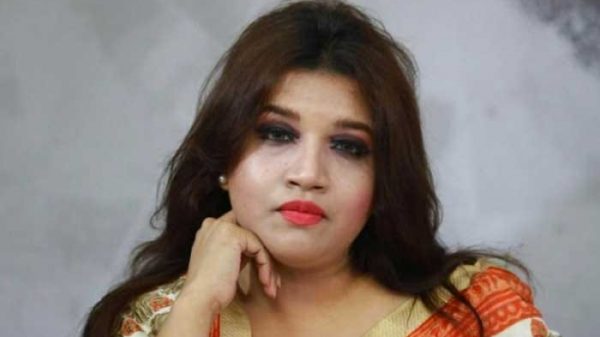- 2021-10-02 11:04:08
- LAST MODIFIED: 2026-02-13 11:21:24
Bangladesh expresses concern over crimes in Rohingya camps
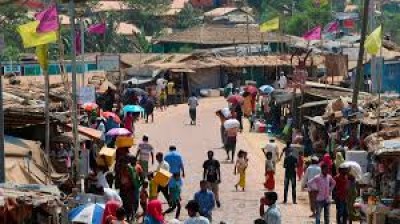
File photo:
Staff Correspondent: Dhaka, Oct-02,
Bangladesh has expressed concern over the growing incidents of crimes and unrest at the Rohingya camps indicating the recent murder of Rohingya leader Mohib Ullah.
"Bangladesh is concerned by increased crimes, human and drug trafficking and unrest in the Rohingya camps as their stay in Bangladesh is prolonging," the foreign ministry posted at its verified facebook page today. Mohib, 44, was allegedly shot to death at a Rohingya camp in Cox's Bazar by unknown gunmen on September 29.
"We urge Myanmar as well as the international community to take effective steps to sustainably repatriate the Rohingyas (the FDMNs) to
Myanmar at the earliest," read the foreign ministry's facebook post.
Foreign Minister Dr. AK Abdul Momen condemned the murder of Mohibullah, who was a widely recognized leader of the Rohingyas (Forcibly Displaced Myanmar Nationals, the FDMNs) staying in Bangladesh, said the post.
The foreign ministry said that Bangladesh government is committed to investigating into the heinous crime and bringing the killers of Mohib Ullah, who was an avowed supporter of the repatriation of the Rohingyas to Myanmar, to justice.
Earlier in the morning, Dr Momen said that the killers of Rohingya leader Mohib Ullah must be brought to justice.
"No one will be exempted (those were involved in the murder)," he said in a text message for journalists this morning.
The foreign minister said that the government would take stern action against those who were related to this Rohingya leader's murder.
He suspected that some vested quarters killed the Rohingya leader as Mohib Ullah wanted to return Myanmar, their land of origin.
Since August 25 in 2017, Bangladesh is hosting over 1.1 million forcefully displaced Rohingyas in Cox's Bazar district and most of them arrived there after a military crackdown by Myanmar, which the UN called a "textbook example of ethnic cleansing" and other rights groups dubbed as "genocide".
In the last four years, not a single Rohingya went back home yet although Myanmar agreed to take them back.
End/Dct/Naj/Sma/

